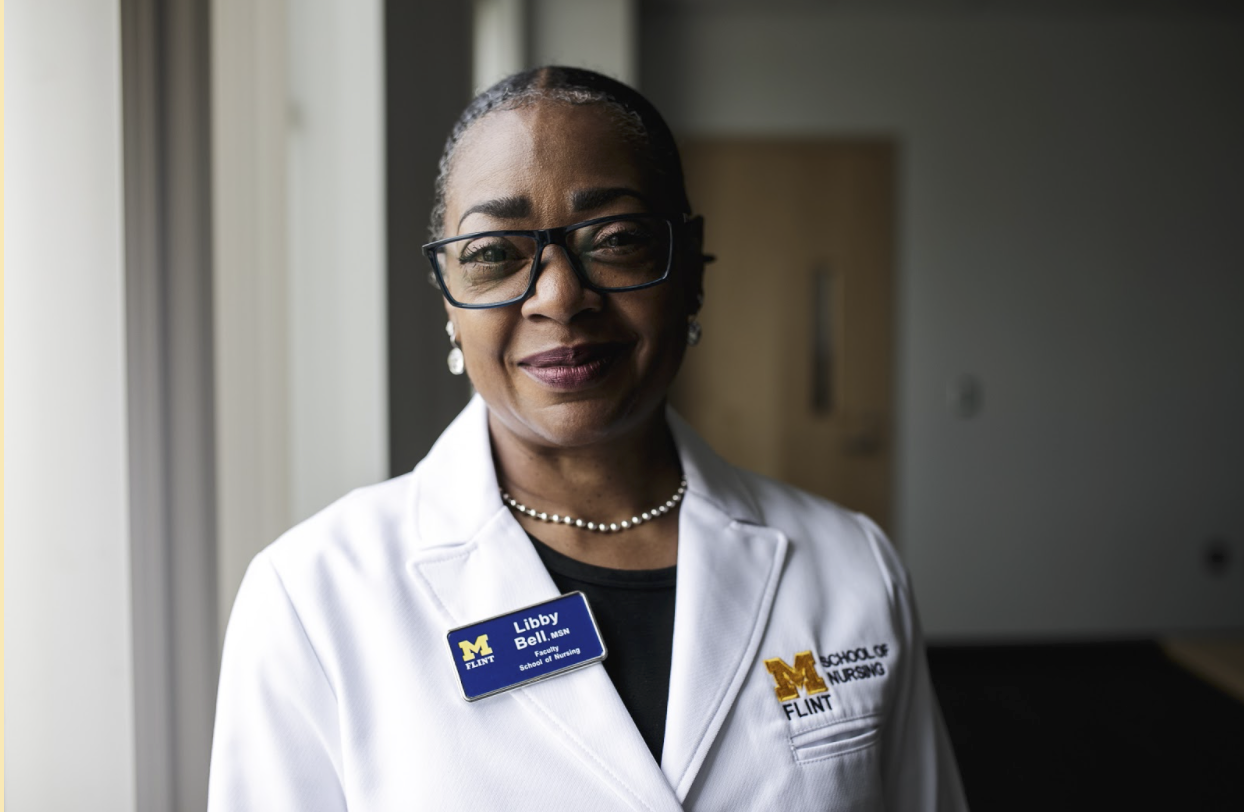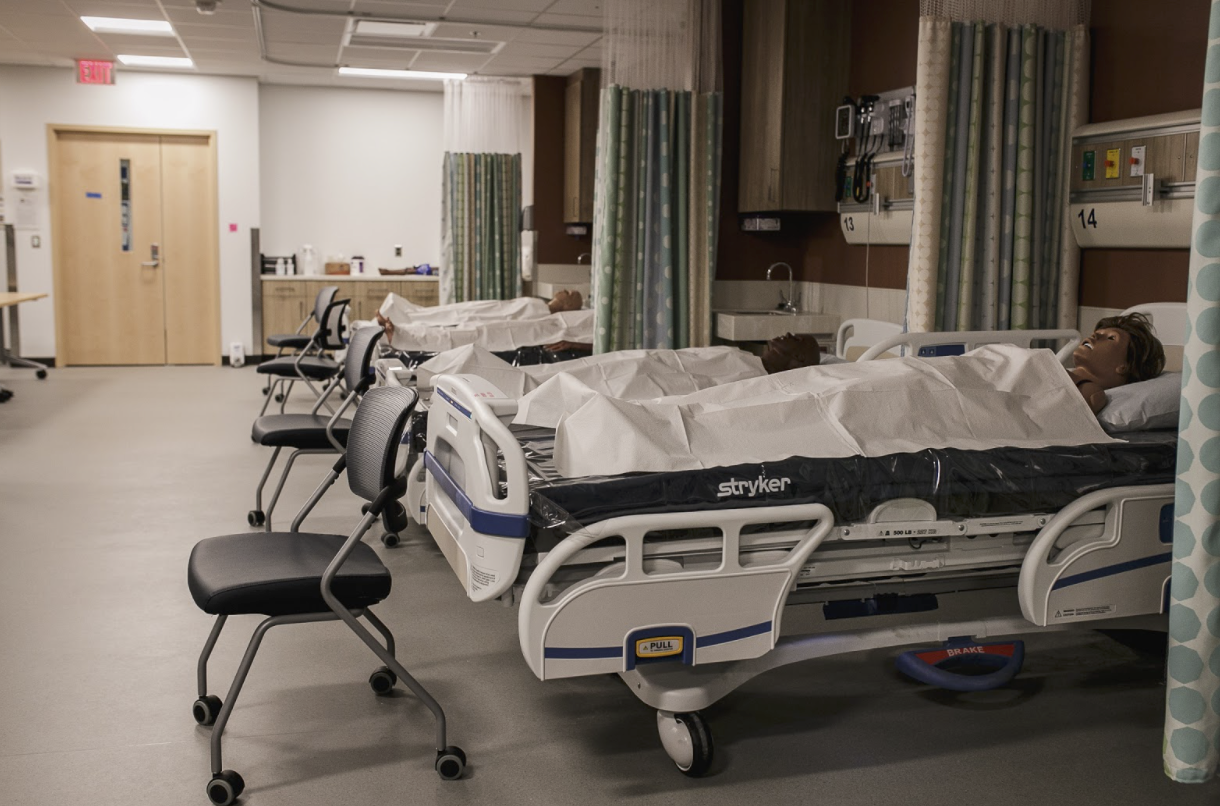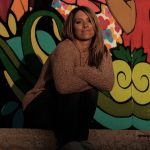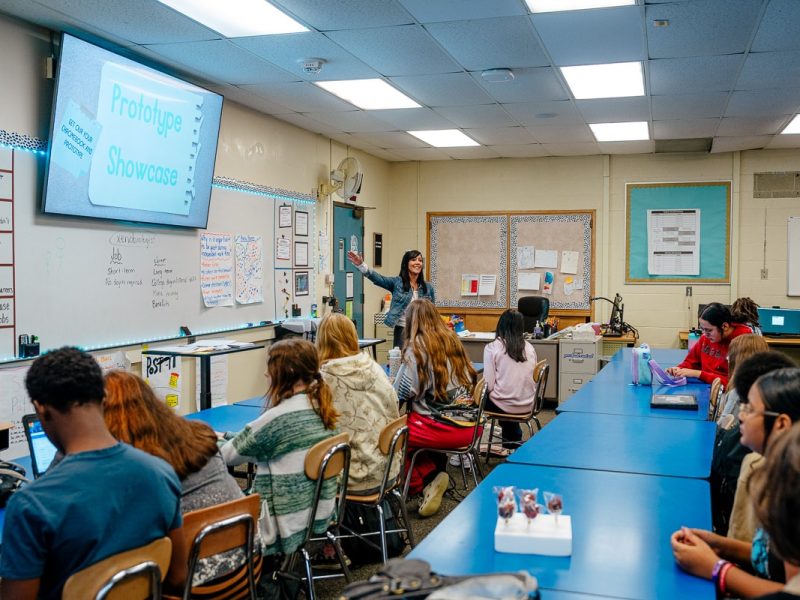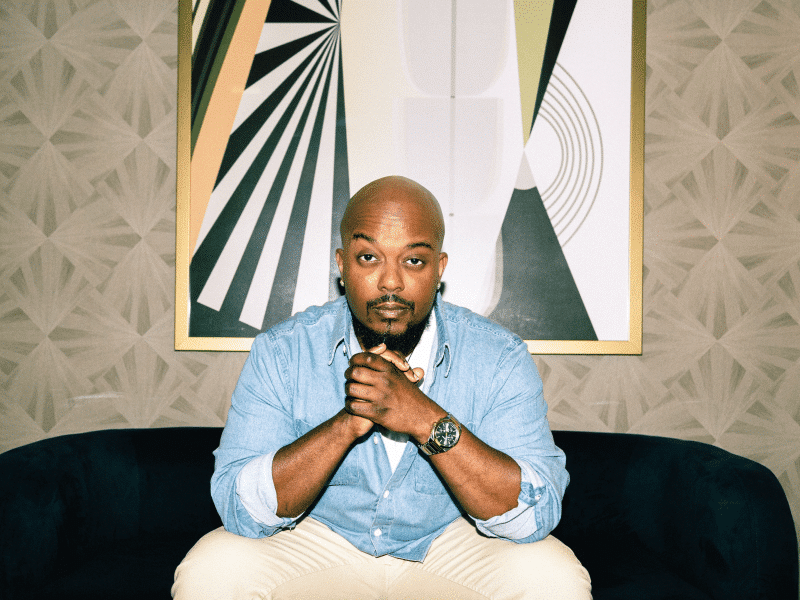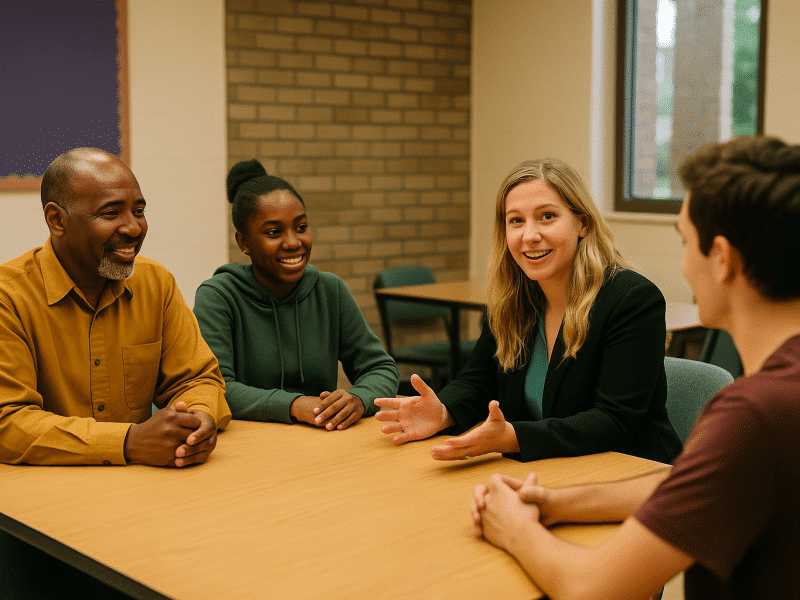University of Michigan-Flint nursing students got to participate in COVID-19 vaccine rollout
"The students participated in protecting their community. They’re part of history, this is something that will be in history forever.”
FLINT, Michigan — Educational institutions were uniquely challenged during the COVID-19 pandemic. For the University of Michigan-Flint’s School of Nursing, that meant finding innovative ways to hold clinicals, classes, and specialized training for the nursing students.
Questions surrounding how to provide students opportunities to practice assessments while maintaining social distancing, whether the vaccine would be mandated for students by hospitals or facilities they were working in, and whether or not students could obtain the right amount of training before graduation given limitations on gathering and other health and safety restrictions were all prevalent.
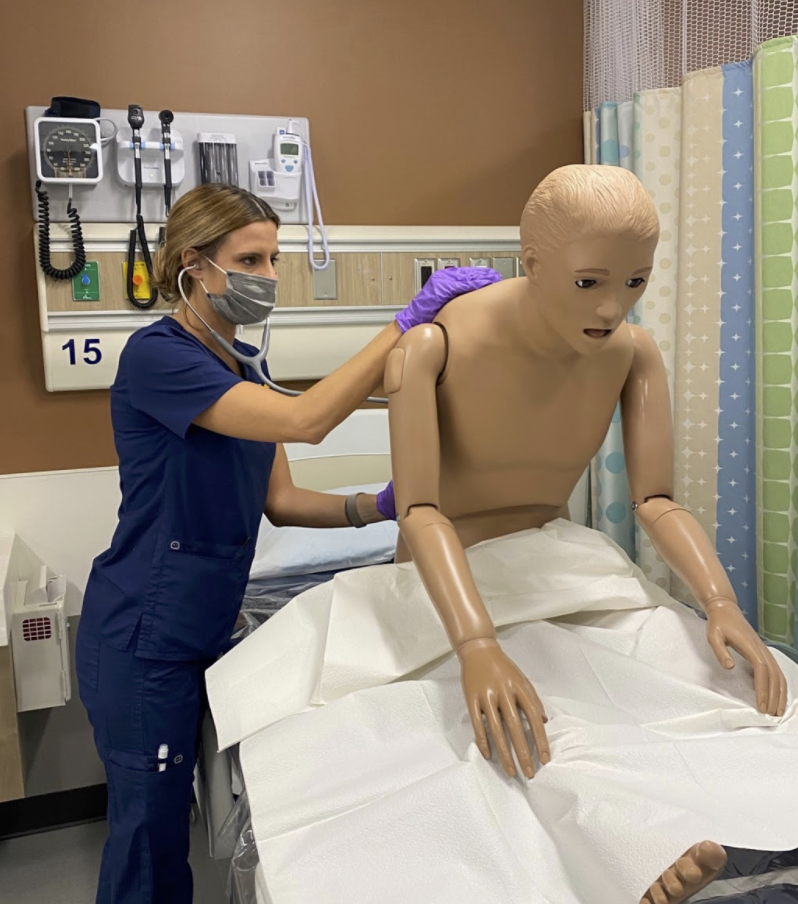
Libby Bell, MSN, RN, and a professor of nursing and a practicing critical care nurse for 38 years, managed the care of critically ill patients during the height of the pandemic and she also taught nursing at UM-Flint under the often confusing, tragic, and unprecedented circumstances the pandemic presented.
In March of 2020, nursing students finished their last exams online while the university was trying to decide how the following semesters would be completed. The following semester the university switched all classes online for students. One of the most fundamental classes for the nursing department is health assessment. In this class, students practice physical exams on each other.
To find a way for students to practice safely, the university was able to obtain low fidelity mannequins for the students to test their assessment skills.
“There was funding through the CARES Act for universities so they can have help with education in this current environment,” Bell said. “That money was used to purchase these low-fidelity mannequins. I can say it was definitely better than delivering health assessments remotely. So it helped, it gave the students a body.”
Nursing students at the university also had the unique experience of partnering with the Genesee County Health Department to provide COVID-19 vaccines to the public.
“[Partnering with the GCHD] it worked very well,” Bell said. “The department approached one of the directors of the health department, a previous faculty member, Kimberly VanSlyke-Smith. It’s like nothing in my 38 years that I’ve ever seen. The students participated in protecting their community. They’re part of history, this is something that will be in history forever.”
The university was also able to provide vaccines for faculty, students, and provide up-to-date vaccine information campus-wide. Bell was featured on the university’s website to speak on her personal vaccine experience.
“The university has put out a massive amount of literature,” she said. “They have a website dedicated to information about COVID, they’ve done that since day one. Information about the vaccine for COVID, information about reporting, and frequently asked questions.”
Bell shared her experience getting the vaccine hoping that it would allay apprehensions others had about getting it.
“I couldn’t have asked for a better experience. I personally didn’t have any symptoms afterward,” she said. “My follow-up vaccination, for my second dose, they probably notified me three times. All of this was done through email, but I just think it has probably taken a massive amount of extra volunteers to do that type of work, but it was excellent.”
During the obstacles and challenges over the last year, Bell was able to maintain hope through the experiences she witnessed while working in the hospital and through informative science.
“I lived it. I saw patients come in, I saw patients get bad. I saw patients die,” she said. “So I had to hold to what the science was showing that they would come up with something and it’s going to be a vaccine. We needed that. I really didn’t have the hesitancy that most people did. We needed something because we could not continue in this manner. It was very disheartening to lose patients or to practice in a manner that we didn’t allow the family to come in. I’ve never experienced that before in nursing, and that’s a big part of healing. So we had to figure it out.”
Bell not only has served her community as a nurse for over thirty years, but she has also invested in the education of countless nursing students. Providing evidence-based education to her patients and her students is essential to who she is.
“I just want to tell you, nothing lasts forever,” she said. “I am a part of this community and do what I do to take care of patients, take care of my community, and take care of my students. That has made me endure the low parts of it because it has been challenging. And there’s definitely been some days you wonder, how do we get through this, but I think you just have to maintain positivity.”

